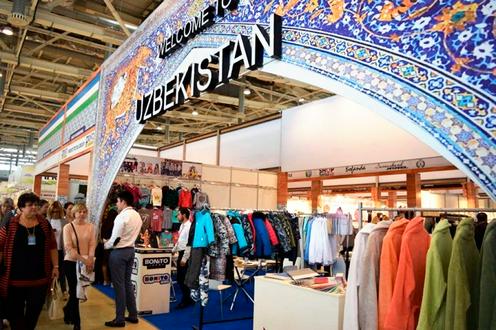Beginning July 1, 2025, Uzbekistan will lift export restrictions on all goods except for raw materials and socially significant products classified under 86 product categories. The announcement was made during a meeting chaired by President Shavkat Mirziyoyev, focused on business support and the development of export potential.
According to the president, the removal of duties is intended to stimulate Uzbek entrepreneurs.
“It is important to clearly understand that when entrepreneurs access high-income markets, they are motivated to increase production, improve product quality, and profit from these efforts,” Mirziyoyev said.
He emphasized the need to create fair conditions for local producers. “We must open the way for businesses to scale up production and enter premium markets with new products,” he stated.
It was also noted that some imported goods enter the country at artificially low declared prices, placing domestic producers at a disadvantage. For instance, a locally produced refrigerator, which costs $220 to manufacture, sells for $250 (including $30 VAT), while an imported equivalent is declared at just $25, resulting in a mere $3 VAT.
In other words, local producers pay ten times more VAT than importers who undervalue goods at customs.
To address the issue, the customs valuation system for imported goods will be aligned with international standards. Authorities will also strengthen enforcement of product labeling requirements—for beverages, household appliances, pharmaceuticals, alcohol, and tobacco—to curb the sale of unmarked goods.
During the meeting, it was emphasized that confectionery and soft drink manufacturers have become key drivers of domestic industry and should receive support. Accordingly, the government will eliminate the excise tax on sugar and lift restrictions on the import of powdered milk. These measures are expected to support 5,500 enterprises with an annual turnover of about 50 trillion soums (over $3.8 billion), employing roughly 40,000 people.
The VAT refund (“cashback”) system for restaurants and cafes will also be improved so that all food service establishments—not just the current 69—can benefit. The Tax Committee has been tasked with resolving issues and creating a fair system.
Businesses will now be allowed to pay land and rental taxes twice a year. The president also prohibited boosting budget revenues through increased tax rates, emphasizing instead the expansion of the tax base.
To drive reform in the tax and customs sectors, a public advisory council will be established, composed of experts, scholars, and entrepreneurs. Ministers will also receive clearly defined authority for issuing departmental regulations.










